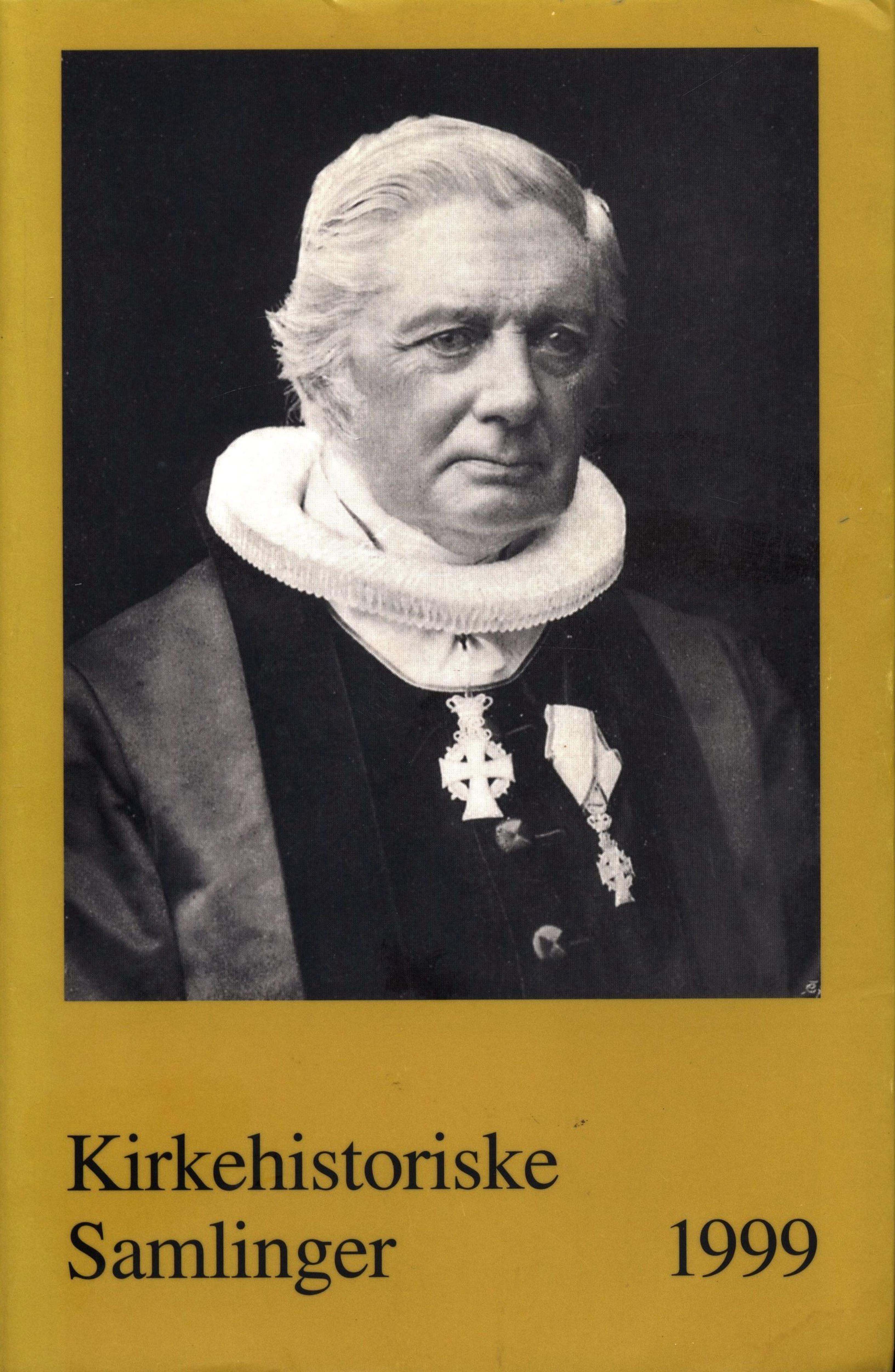Publiceret 15.12.1999
Citation/Eksport
Copyright (c) 2024 Tidsskriftet Kirkehistoriske Samlinger

Dette værk er under følgende licens Creative Commons Navngivelse – Ingen bearbejdelser (by-nd).
Resumé
Kirkehistoriske Samlinger 1995 and 1996 treated Jakob Scavenius’ work as Minister of Culture and Ecclesiastical Affairs 1880-91 including his handling of the appointment of vicars (1996, p. 102), especially the appointments in the country where the Grundtvigians and the Home Mission were expanding - but not so much in the capital where the two parties were far less dominant. In Copenhagen there was a special situation. King Christian IX had his own church, Christiansborg Castle Church, where he decided who was to become vicar. He also exerted his influence in the churches to which the Army and the Navy belonged - and the churches near the castles where he stayed during the summer. Furthermore the bishop of Zealand until 1884, H.L. Martensen, who at the same time was the personal vicar of the king, had his residence in Copenhagen. He used his position to influence the king and he thought that the minister ought to appoint the vicars that he nominated. He had reproached Scavenius' predecessor as minister that he did not agree but the minister had answered that the responsibility concerning the appointment of vicars was his. During Scavenius' ministerial years the bishop far from reached his goal. Martensen had to accept that Scavenius decided who was going to be his successor as bishop. It was B.J. Fog, a much gentler person. Scavenius also appointed one of the two deans of the capital against the wish of Martensen. It was easier for Fog to get his wishes fulfilled. There are few cases of emotional appointments but an investigation of the appointments shows that it was very difficult for vicars from the provinces to become appointed in Copenhagen. In a few cases it was possible, especially where a committee had a new church built and was able to choose the vicar. Otherwise it was difficult. In the capital there were many part-time catechists or theologians who for a couple of years preferred comfortable teaching positions and hoped for a fixed living as vicar in the capital later on. Besides there were great expectations to the demands that the respectable citizens of the capital would make on the vicars of the few and big churches, demands for better qualifications than usual. A couple of times the recommendations of the bishops of the provinces mention that some applicants are able to meet these demands. The big churches in the centre of Copenhagen and some new churches frequently were completely full. But the suburbs with the growing working-class population often were without a church. A High Church group of respected vicars had their own association for the Home Mission in Copenhagen. Its aim was to work for ”the gospel of love in word and deed". The only remedy against "the socialism of the Devil" was "the socialism of the Lord" as a prominent vicar said in 1876. Every parish had to establish a parish aid for which there was a great need among the masses. Capitalism and liberalism had created a spiritual proletariat in which agitation made progress - not to improve conditions for the working classes but to overthrow society and create a socialist state as another prominent vicar in the capital stated ten years later. The leap from the provinces to the capital was an exception but it was done by some vicars. It could be a great change to get a permanent living in the capital.

